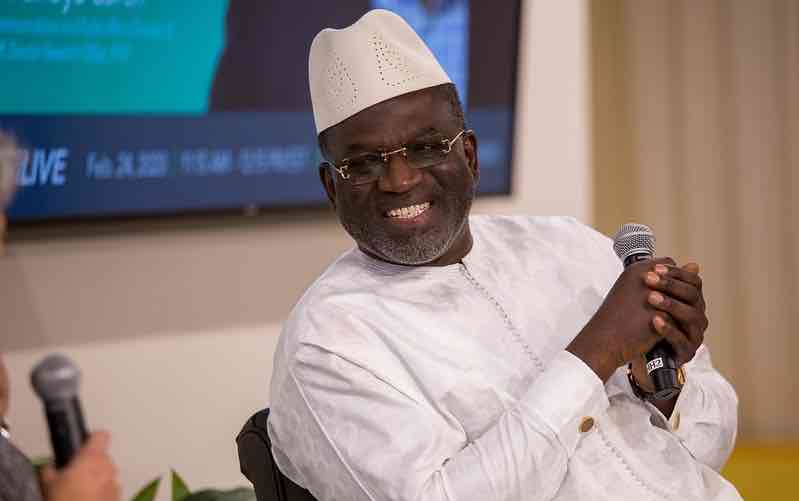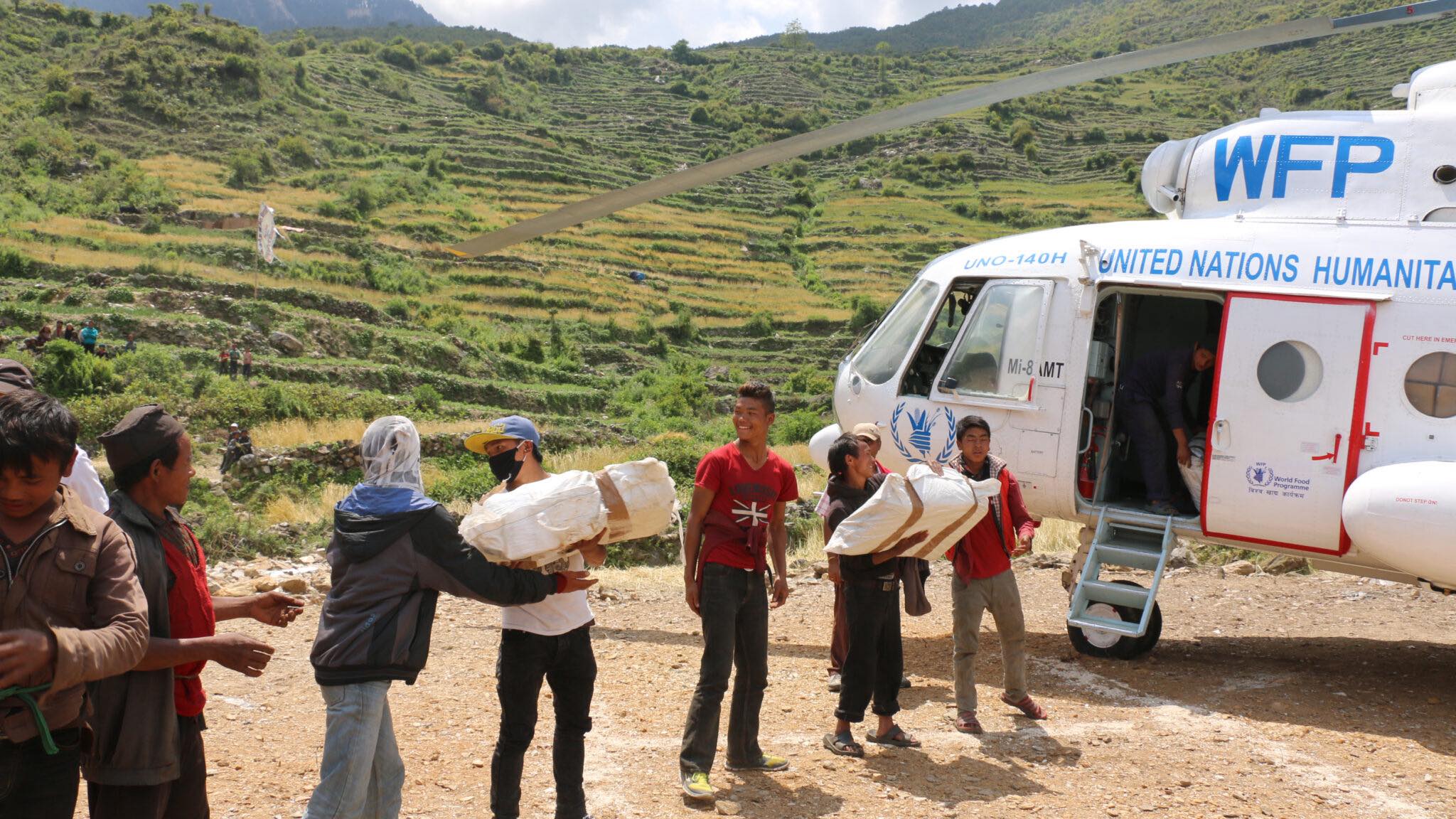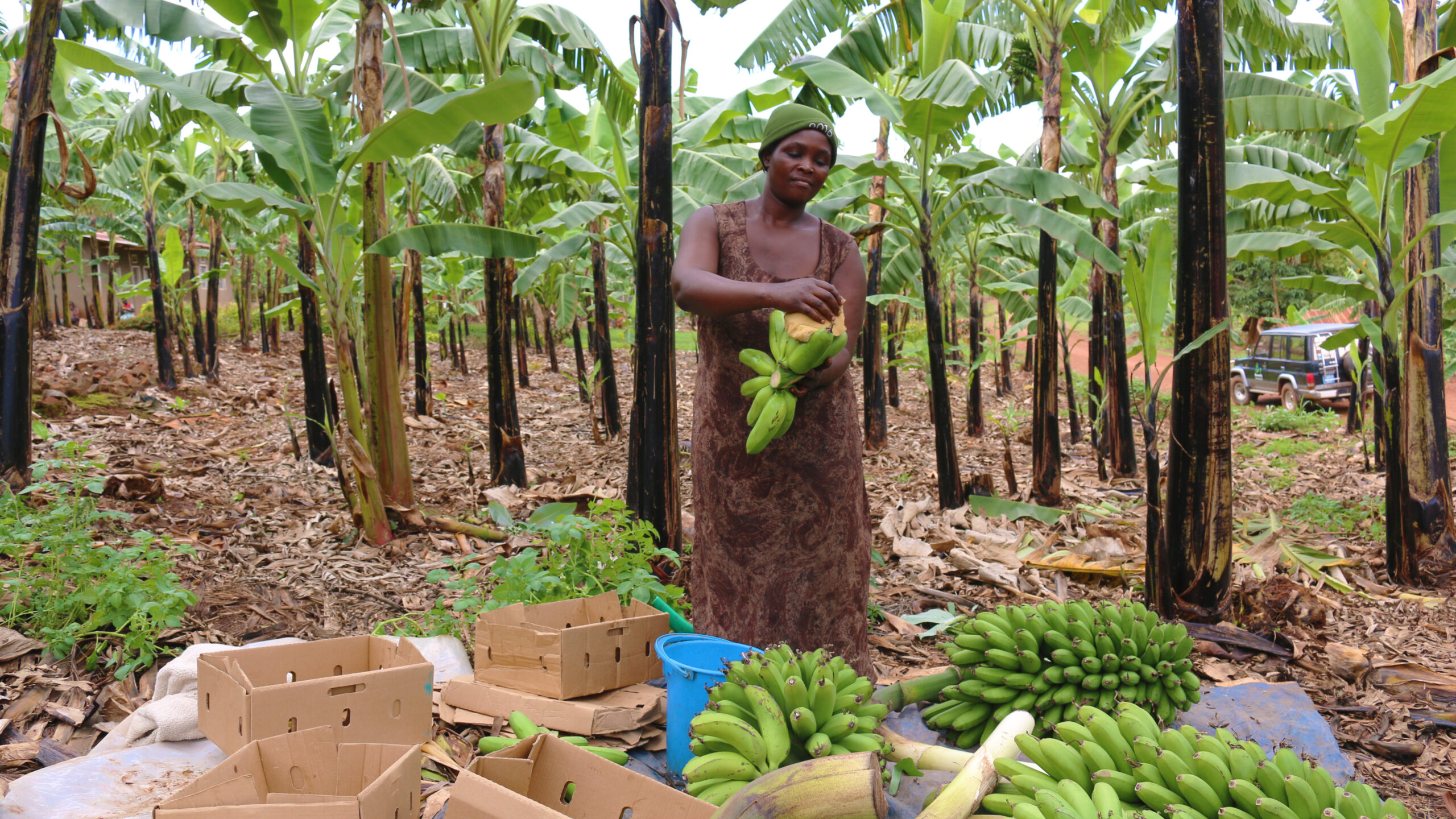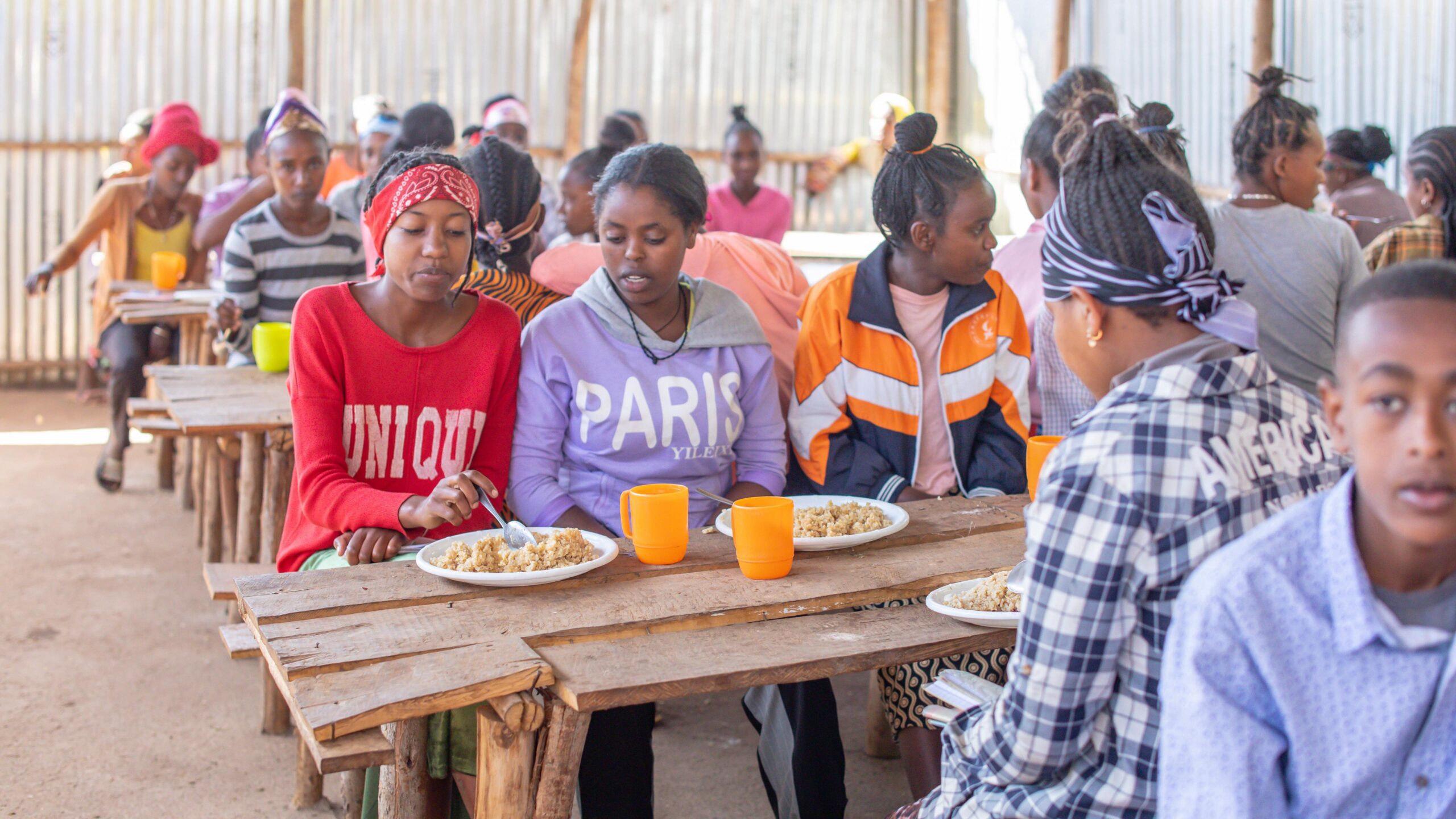Over his 30 years at IFPRI, recently-retired Director for Africa Ousmane Badiane tackled many of the continent’s—and the world’s—most important and difficult development challenges.
“Africa was at the bottom. Any graph you see going up, Africa was going down … you walk around, you see the people, you know you want things to change, and you know you want to be part of that movement … this can be changed, can be turned around, so what can you do with that … I really never wanted to work anywhere else,” Badiane told IFPRI Director of Communications and Public Affairs Rajul Pandya-Lorch at a recent event reflecting on his career.
Badiane significantly expanded the institute’s engagement in Africa and played a key role in developing and guiding the implementation of the Comprehensive Africa Agriculture Development Programme (CAADP). He also helped to establish the Regional Strategic Analysis and Knowledge Support Systems (ReSAKSS) and launched and led the African Growth and Development Policy Modeling Consortium (AGRODEP) with members from more than 30 countries. He also initiated two of the most important annual publications on African agriculture: The Annual Trends and Outlook Report (ATOR) and the African Agriculture Trade Monitor (AATM). His latest initiative, the Malabo Montpellier Panel, encourages policy innovations for better development outcomes by bringing together leading global experts and decision makers.
Pandya-Lorch asked Badiane, who is from Senegal, how he came to study for his advanced degrees in agricultural economics in Germany. He said he was offered the opportunity to study anywhere in Europe and, at the time, Germany was home to the world’s strongest soccer team—so he made the obvious decision, despite speaking no German.
Achieving broad progress is one of Africa’s central development challenges, he said.
“During most of my adult life, and going to school in Senegal and everywhere else, you always had one African country that did well,” he said. “But you never had a critical mass of African countries, all of them doing well for a sustained period of time.” One key to achieving that goal, he found, was supporting the work of NEPAD, the African Union (AU) socio-economic development flagship program that facilitates and coordinates the development of continent-wide programs and projects, mobilizes resources, and engages the global community.
Badiane also identified several levers he believes are necessary to transform Africa, including continuing the policy renewal process, improving macroeconomic and sector governance, avoiding repeating past mistakes due to a lack of institutional memory, and utilizing Africa’s technological advantages.
“We have to do the same thing in biotechnology, which are the sciences of the future for agriculture—to master them, to harness them, to be able to deploy them for our community,” he added.
Badiane has won wide professional recognition. He was the 2015 Laureate of the Africa Food Prize, and is a Distinguished Fellow of the African Association of Agricultural Economics, and a member of the World Academy of Sciences, among other accomplishments but he said that he derives the most satisfaction and gratitude from having had the opportunity to contribute, as it is not given to everybody.
“Everything we do in life is related to us having to be in one place at a given time, and other people taking certain actions and decisions at a given place in a given time, and all that leads to the outcome of where we are. It’s really never what we do, but it’s always about what everybody else and time and space play in what we do,” he said. “So that’s why I wouldn’t call this taking pride but being grateful and being satisfied that I had these opportunities to be in a place at a time that I could do this.”
Katarlah Taylor is an IFPRI Senior Events Specialist.







